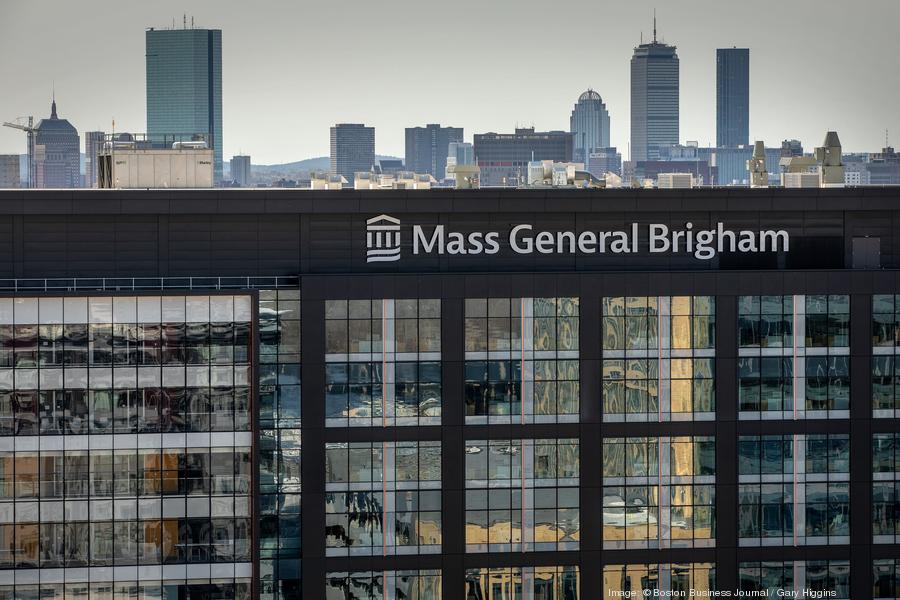Pointing to the possibility that tax revenues could sink further over the last three months of the budget year, Massachusetts Gov. Maura Healey is imposing tighter controls on state government hiring as a way to manage spending.
With some exceptions, all new Executive Branch hiring between April 3 and June 30 will need to be approved by the Executive Office of Administration and Finance based on time-sensitivity and the importance of positions, the office said.
The controls were announced hours before the Department of Revenue is scheduled to release tax revenue data for March.
Direct care and public safety positions are exempt from the "hiring controls," as are seasonal jobs, positions that have to be filled as part of a court order or settlement, and returns from leave.
"The Healey-Driscoll administration is implementing hiring controls within the Executive branch for the remainder of the fiscal year as one tool at our disposal to responsibly manage spending over the next three months. These hiring controls, while temporary, will help ensure that the administration can balance the budget at the end of the year and preserve critical funding for core programs and services,” Secretary of Administration and Finance Matthew Gorzkowicz said in a statement.
Gorzkowicz's office said there is significant risk that collections don't live up to budgeted revenues over the last quarter of the fiscal year (April, May and June), and pointed to last year's experience of missing April's revenue targets by $1.4 billion as an example of how much can change at the end of the budget year, when most budgeted spending has already occurred.
Facing what was then a $1 billion budget gap, Healey in early January announced plans to cut $375 million from the fiscal 2024 budget, to pull in more non-tax revenue than forecast, to downgrade the amount of tax revenue expected this budget year by $1 billion, and to build the next state spending plan on the assumption that even less tax revenue will come in next year.
State tax collections have continued to come in below even the administration's downgraded benchmarks each month since.
Get updates on what's happening in Boston to your inbox. Sign up for our News Headlines newsletter.
From the start of July through February, the Department of Revenue had collected $23.467 billion. That's $186 million or 0.8 percent less than actual collections during the same eight-month period of fiscal 2023 and $275 million or 1.2 percent less than what the Healey administration projected in January that it would have hauled in by this point in the calendar.
March revenues are due to be reported by DOR on Wednesday, and Gorzkowicz's office said it is not considering any additional mid-year budget cuts at this time.
Healey's team did not institute further budget controls after monthly tax revenue reports at the end of January and February.



